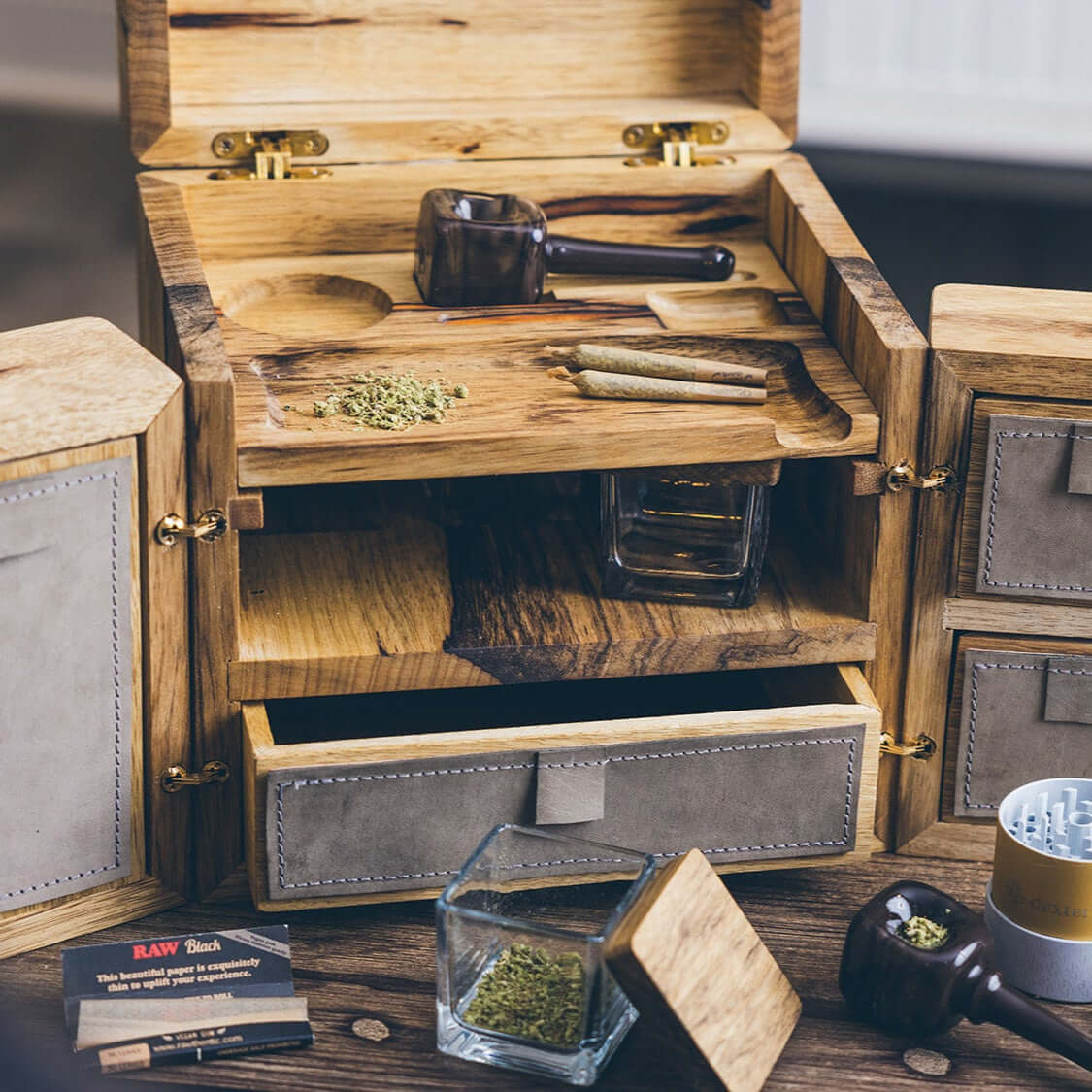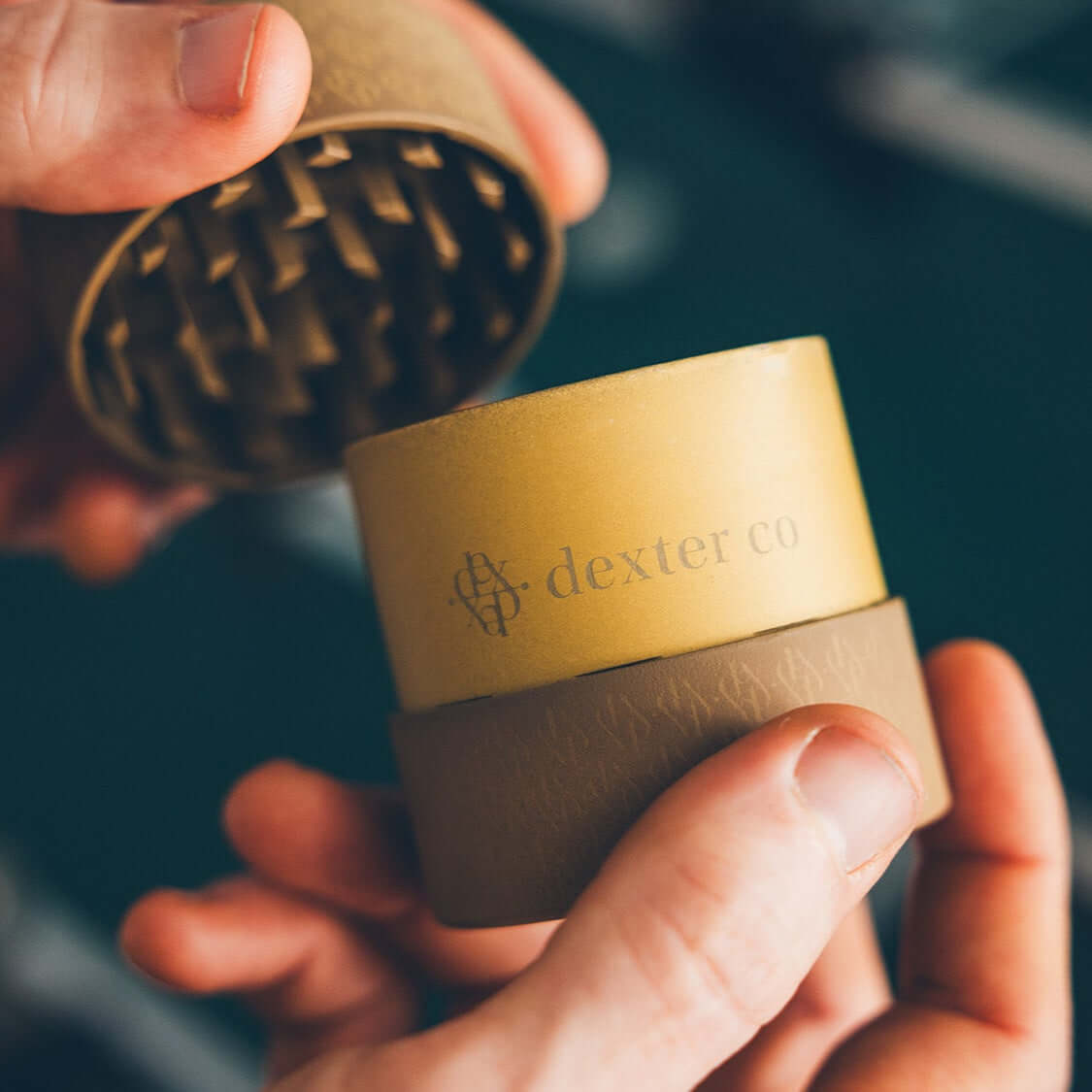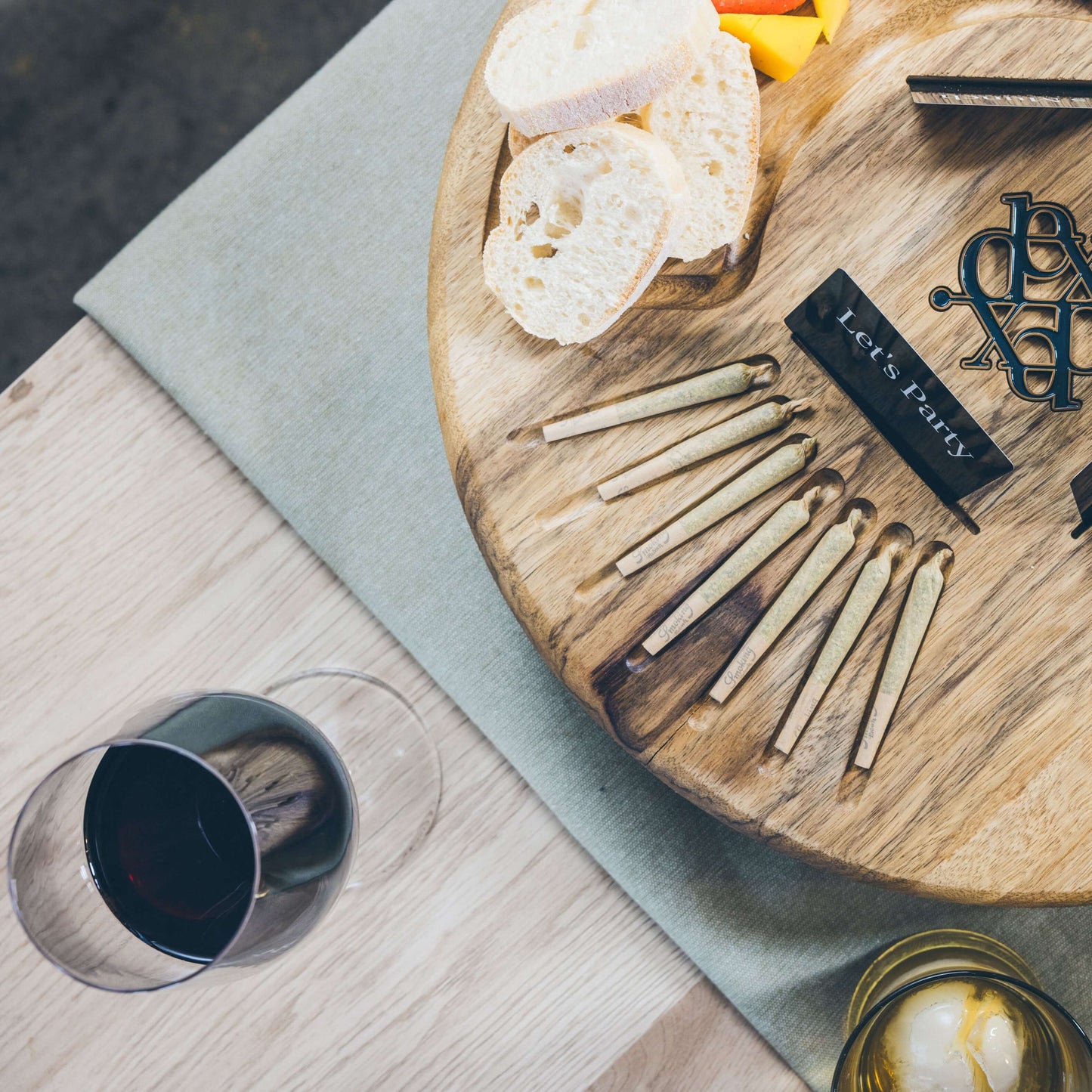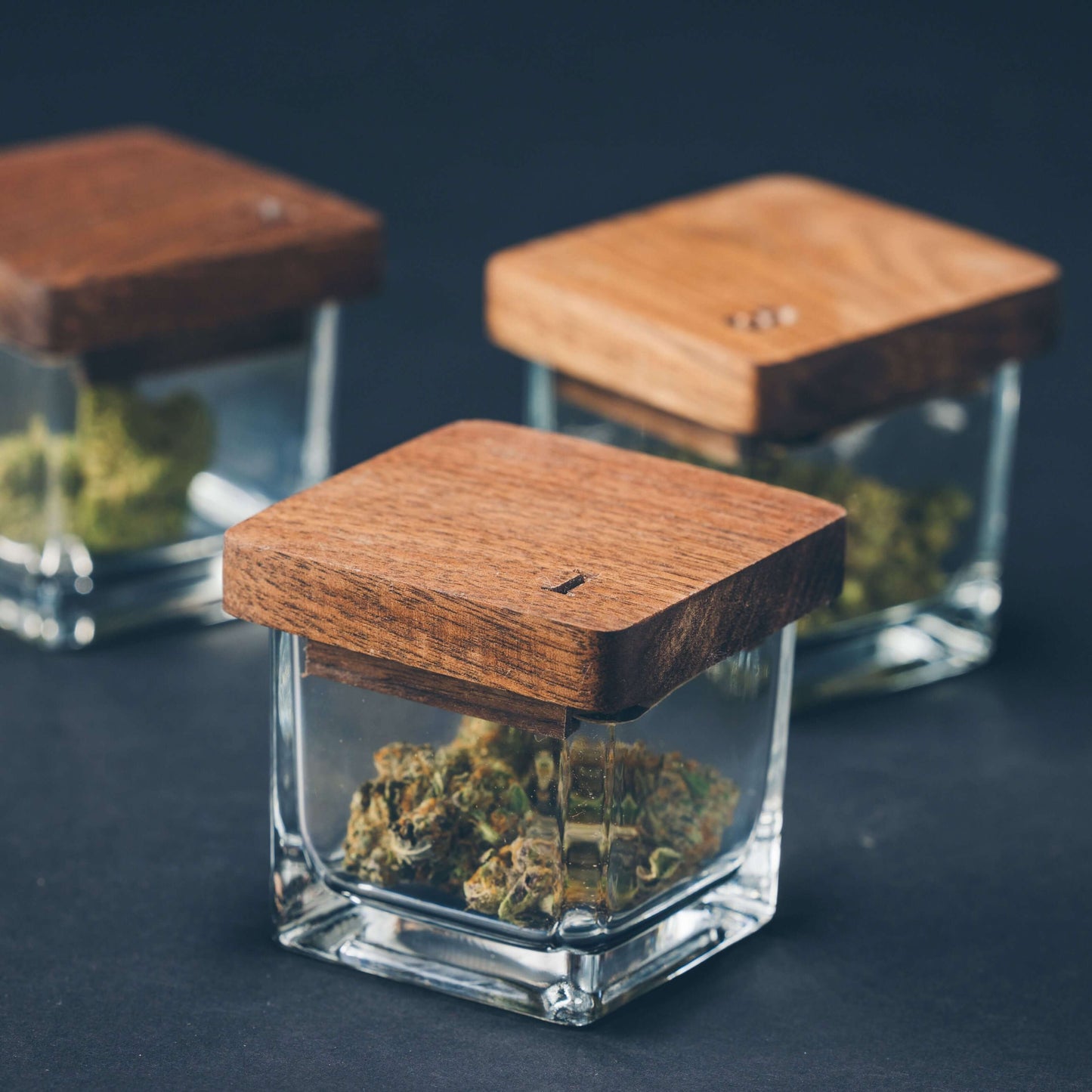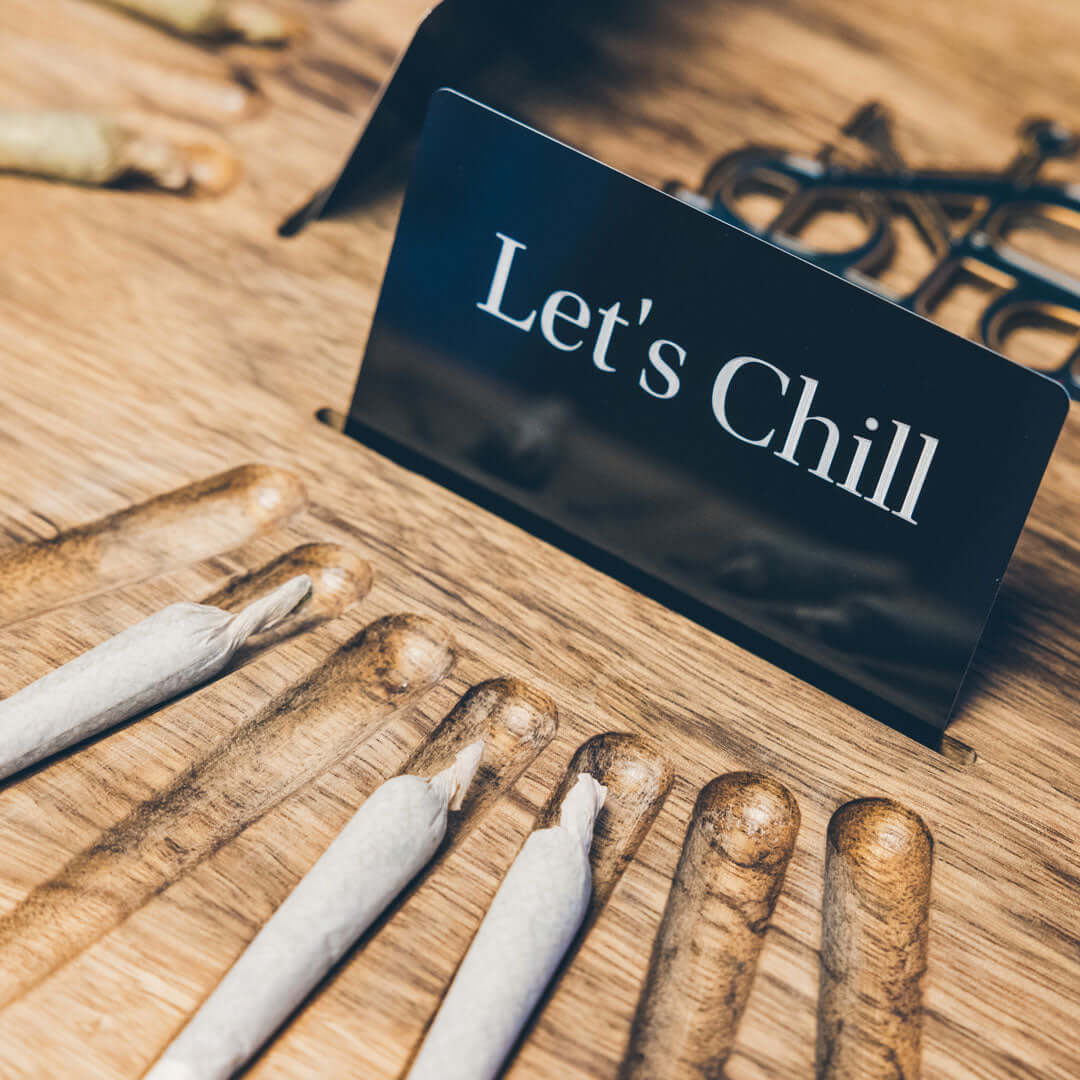
IMO No.2: Somewhere Between Reefer Madness and Cannabis Jesus Lies the Truth
Disclaimer: The opinions expressed here are just that—opinions. I’m not a doctor, lawyer, or your mom (though I do give solid advice). I’m just a semi-functioning adult with a love of cannabis, a Wi-Fi connection, and a sense of humor. Please consume responsibly, follow your local laws, and if you think this article healed your rotator cuff or gave you psychic powers—put the gummy down and drink some water.
The Extremes: Reefer Madness vs. Cannabis Jesus
For decades, the narrative around cannabis has been extreme. First, we had Reefer Madness—that 1936 black-and-white propaganda classic, funded by a church group and delivered like a sermon from the depths of America's paranoia. In it, teenagers take one hit and spiral into jazz, hallucinations, murder, and suicide. It’s like if Quentin Tarantino directed an after-school special.
The film wasn’t meant to be funny, but today it’s a cult comedy for anyone who’s actually consumed cannabis and realized they just want snacks, not a crime spree.
And yet… it worked.
Generations of Americans grew up thinking cannabis was a gateway drug, a moral failing, or a one-way ticket to unemployment and social ruin. This messaging was especially aggressive in schools, with programs like D.A.R.E. (Drug Abuse Resistance Education) marching into classrooms in the 80s and 90s with the subtlety of a battering ram.
Fast forward a few decades and the pendulum has swung so hard in the opposite direction it’s dislocated a few shoulders. Now we have Cannabis Jesus—the modern evangelist of all things green.
To be clear, I’m not here to mock that guy. I love that guy. I’ve been that guy at times.
But like anything we elevate too high, we risk turning it into myth—and myth can be just as misleading as propaganda.
What Cannabis Actually Does
The science of cannabis is still catching up with the culture. Thanks to its Schedule I status in the U.S. (that’s the federal government’s way of saying “this is as bad as heroin and we are not open to discussion”), real research has been stifled for decades. That said, this is changing—and with any luck, cannabis will be rescheduled soon. In my opinion, cannabis absolutely should be regulated, but let’s stop pretending it belongs in the same category as meth or heroin. Can we at least be honest about that?
There are no "Faces of Cannabis" websites plastered with mugshots and moral panic, because cannabis doesn’t wreck lives like other substances do. It's frustrating to see it still treated like the boogeyman in policy and conversation alike.
And yet, when you strip away the fear and the folklore, what you’re left with is a plant that interacts directly with the body’s endocannabinoid system, a network of receptors that help regulate everything from mood and sleep to pain and appetite.
That’s why it can be helpful for:
- Anxiety
- Inflammation
- Insomnia
- PTSD
- Chronic pain
But cannabis isn’t one-size-fits-all. Different strains, formats, dosages, and individual body chemistry mean what works beautifully for one person might send another into a spiral of existential dread and three hours of checking their pulse.
The Cultural Hangover
Even as cannabis becomes more normalized, the stigma lingers. It clings to the corners of polite conversation like the smell of a joint in your coat pocket. Especially in the South.
Why? Because the image of “the stoner” is still alive and rolling. Lazy, unmotivated, zonked out in a beanbag chair watching cartoons—this is the caricature many people still associate with cannabis.
Never mind that most modern cannabis consumers are functional adults: teachers, consultants, software engineers, small business owners, and yes—parents.
In fact, some of the most thoughtful, high-functioning people I know use cannabis not to escape life but to engage with it more fully.
The Rise of the Elevated Majority
Let’s be honest: a lot of us came to cannabis later in life. We are the Elevated Majority—the reasonable, responsible, and slightly over-caffeinated humans who use cannabis not to escape life, but to live it a little more fully.
Now? You’re older. Wiser. Less interested in getting “blasted,” more interested in feeling better. You’ve got responsibilities, deadlines, a favorite grocery store. You’re looking for relief, connection, maybe a little joy—and cannabis, used intentionally, can provide all three.
Cannabis isn’t just about getting high anymore. It’s about:
- Wellness
- Creativity
- Connection
- Presence
For those of us trying to host gatherings that foster real connection—what I call Dex Parties—cannabis can be a beautiful addition.
We Need a New Narrative
Here’s what I propose: we ditch the extremes.
We stop acting like cannabis is either a cure-all or a curse. We start telling more nuanced stories—the kind that allow room for both positive and negative experiences, for curiosity and caution, for laughter and learning.
Let’s be real. Be kind. Be funny. Because in my opinion, humor is the great equalizer here.
Somewhere in the Middle
So no, you don’t have to believe cannabis is a miracle plant. And you also don’t have to fear it like it’s going to hijack your brain and turn you into a jazz-playing sociopath. You’re allowed to simply… enjoy it.
Enjoy it like you’d enjoy a good glass of wine, or a perfectly brewed cup of coffee. With intention. With respect. With a wink and a deep breath. And just like wine, too much is generally a problem.
In my opinion, that’s where the real high lives: in balance, in nuance, and in the kind of honesty that makes room for joy.
Up next in the series:
IMO No.3: Yes, I Smoke Weed. No, I’m Not That Kind of Stoner.
We’re done being quiet about cannabis—and even more done with the tired stereotypes. In the next piece, I’m diving into why I started Dexter Co: to create space for the rest of us. The professionals. The parents. The responsible humans who use cannabis with intention—but don’t see themselves in tie-dye, pot leaves, or Cheech & Chong reruns.
It's time for a new narrative—one where cannabis fits into real life, not a punchline.

